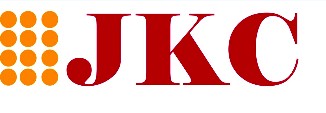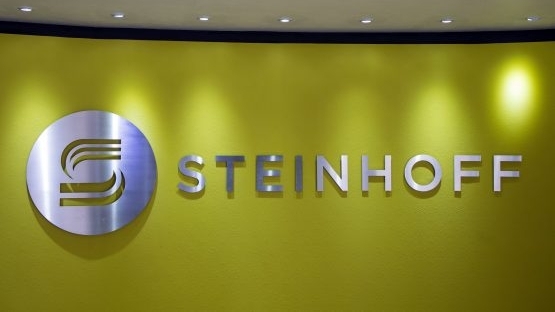But only 13.4% of shareholders attended
For the second year in a row, shareholders attending Steinhoff’s annual general meeting refused to adopt the group’s annual accounts and also voted against its remuneration policy.
The advisory vote on Steinhoff’s remuneration report scored a hefty 92.53% ‘No’ vote and the proposal to adopt the annual accounts for the year to September 30 2020 was opposed by 83.77% of the shareholders represented at the meeting.
Low attendance
Members of Steinhoff’s management and supervisory boards might have taken heart from the fact that the negative votes represented a small fraction of the total shareholders; only 13.4% of the group’s total shareholder base bothered to attend the virtual meeting.
This high level of apathy is difficult to explain in the context of the current shareholder profile.
It seems the bulk of the shareholders who suffered from the massive value destruction in the wake of the December 2017 reports of “accounting irregularities” have dumped their Steinhoff shares.
Investor profile
Shareholders attending the AGM were told that back in November 2017 South African investors accounted for 69% of the group’s shareholders, Germans 6% and UK also 6%. At that stage 73% of the trade in Steinhoff shares was done through the JSE and 27% through the Frankfurt Stock Exchange.
By January 2021 South African investors accounted for only 20% of the shareholders and 75% of the share trading was being done through Frankfurt.
Whoever the ‘new’ shareholders are, a 13.4% attendance at the AGM indicates they have little interest in the governance of the company.
As it happens, not too much hangs on the rejection of the two proposals although it certainly complicates the running of the company.
Well-paid
The remuneration vote is advisory and the rejection merely requires that the board engages with shareholders on the issue. Until shareholders vote in support of the remuneration policy, the previous one, dating back to 2015, remains in place.
Meanwhile, the executives receive the payments proposed each year – for 2020 this was R60 million for CEO Louis du Preez and R50 million for CFO Theo de Klerk.
There was no proposal to change fees for the members of the supervisory board – equivalent to the non-executive directors in South Africa – and therefore no vote. Members of the supervisory board will receive unchanged fees.
Not adopted
And while Steinhoff chair Moira Moses expressed regret that the annual financial statements were once again not adopted the only implications for the group are that it cannot pay dividends, nor repurchase shares, nor make loans for the acquisition of shares.
Given Steinhoff’s circumstances, these are not major prohibitions at this stage. Du Preez reminded shareholders at the AGM that Steinhoff’s total and current liabilities exceed total and current assets.
During the meeting, Du Preez clarified the assistance that Steinhoff offered the National Prosecuting Authority, downplaying any suggestion that it was an attempt to influence the outcome of any investigation.
Read: Steinhoff is funding police investigation into its affairs, not the NPA’s
He said PwC was approached by the South African “enforcement agencies” to perform additional expert forensic work for the period up to and including December 2017.
“Steinhoff supported this initiative and agreed to contribute up to €1.6 million [just under R28 million] in funding, which is paid to PwC directly and accessible [to the NPA] on a drawdown basis”. Du Preez stressed that Steinhoff was providing information and that there was no feedback.
The company is also cooperating with the German authorities.
Investigations launched by the Companies and Intellectual Properties Commission, the Financial Sector Conduct Authority and the JSE have all been closed.
Never-ending legal proceedings
The company is involved in 90 separate legal proceedings totalling claims of just over €10 billion (around R174 billion). Du Preez told shareholders that the proposed settlement was in the best interests of the group’s stakeholders and provided participating claimants with the certainty of outcome and recovery.
The settlement will see around €9 billion being paid out to shareholders who are divided into two categories – market purchase claimants and contractual claimants. Du Preez said the proposal on the table was “more favourable and with certain recovery compared to a liquidation of Steinhoff”.
The proposal is being opposed by Hamilton, which represents the claims of several of South Africa’s largest asset managers as well as individual investors, the majority of whom fall into the market purchase category of claimant.
Du Preez suggested that last year’s ruling in the De Bruyn case meant there was little hope of shareholders succeeding in a claim against the directors. However, at this stage, Hamilton is merely trying to prevent Steinhoff from securing the necessary court support for the Section 155 scheme needed to implement the proposal, which it believes is prejudicial to the market claimants.
It will be able to do this if, as is speculated, Hamilton represents at least 25% of Steinhoff shareholders. A Section 155 scheme needs at least 75% shareholder support.
Du Preez said Steinhoff is engaging with Hamilton.

